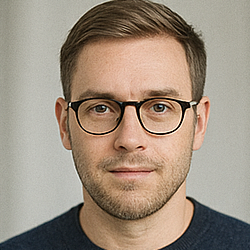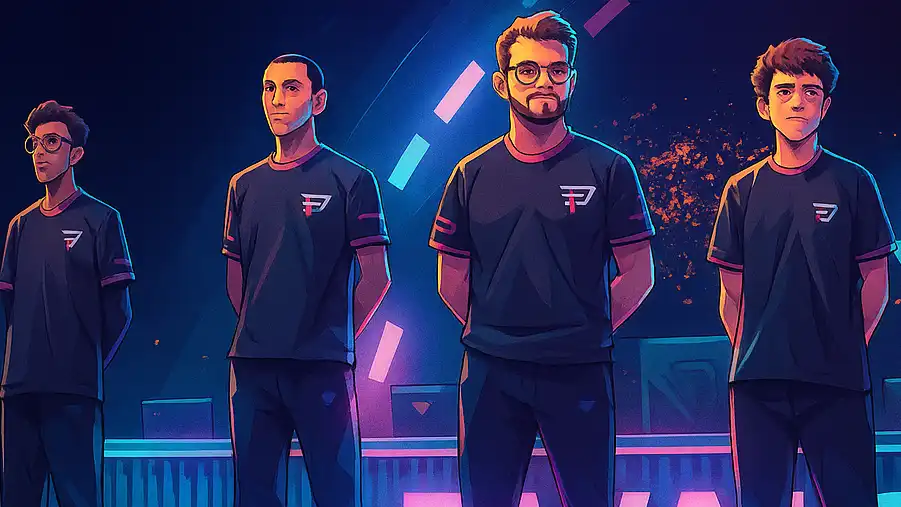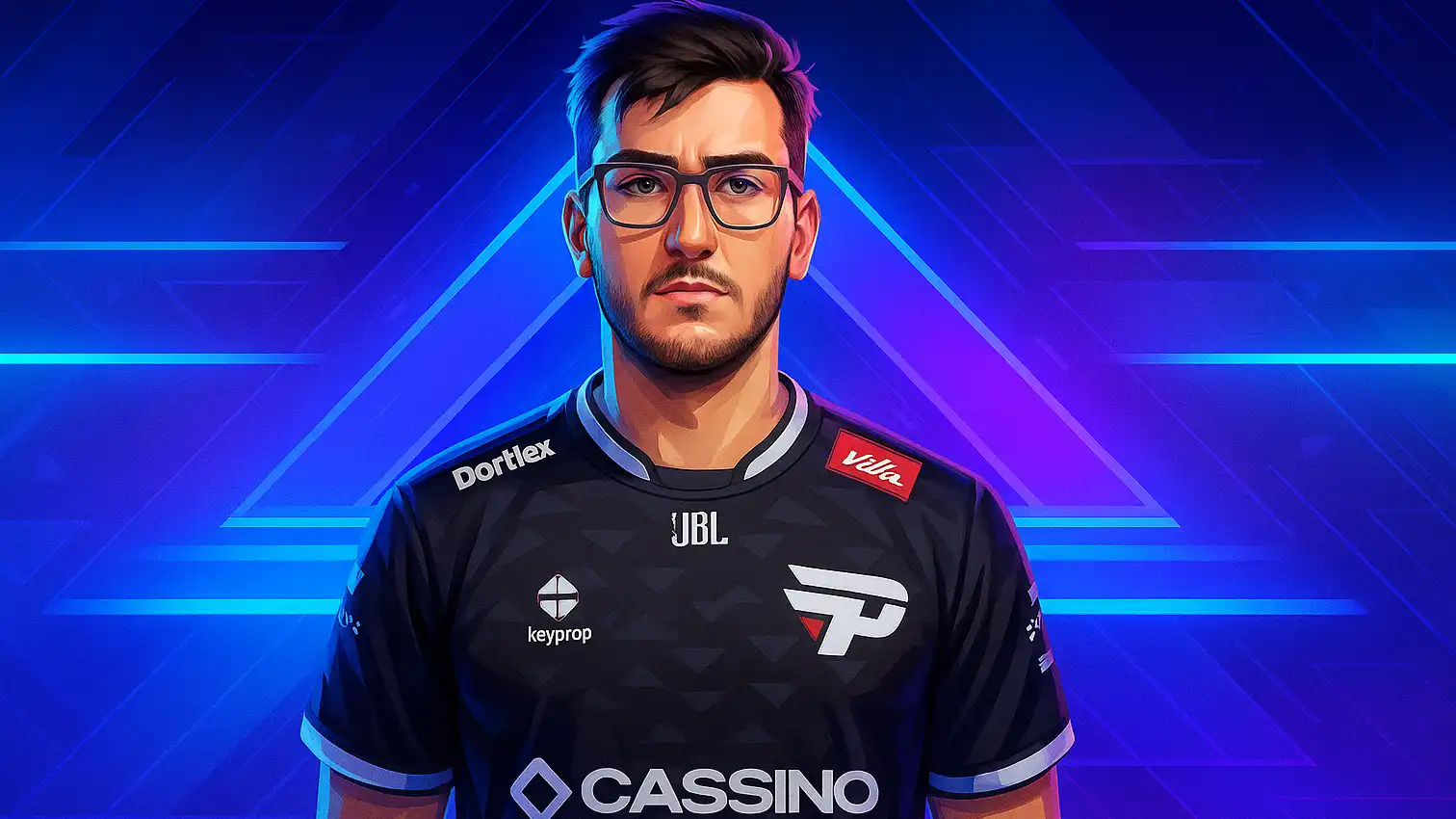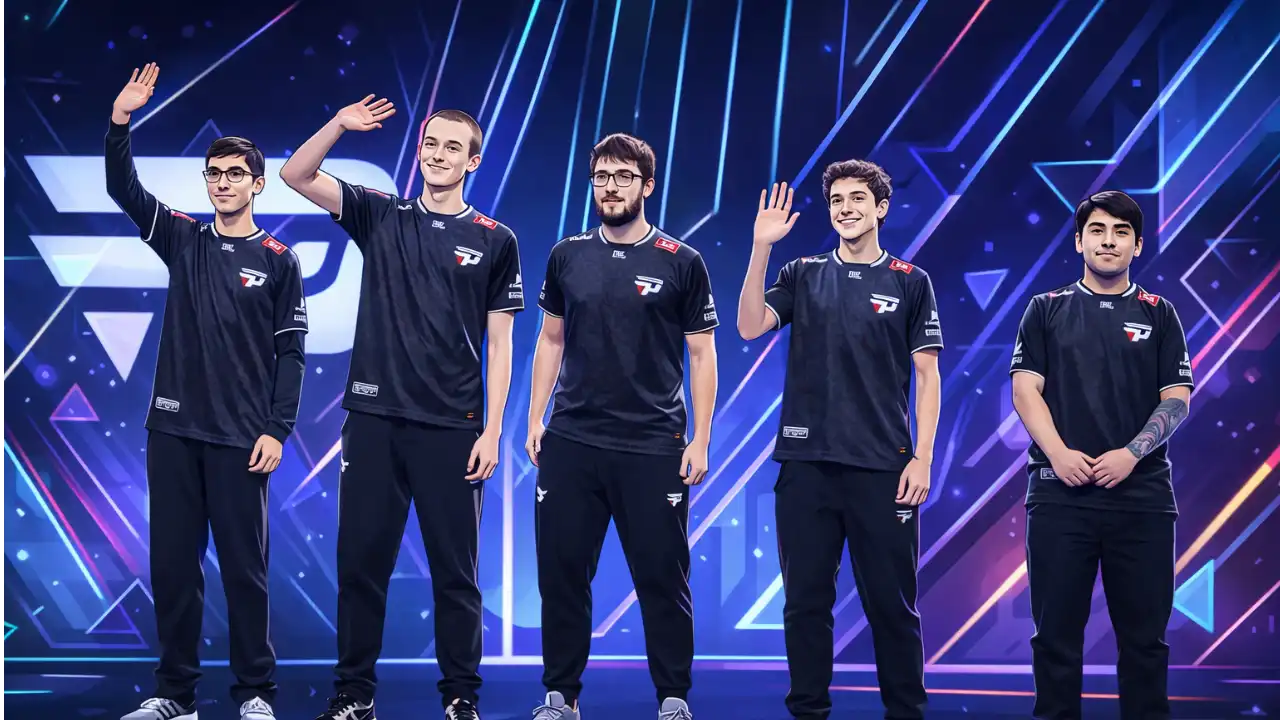Biguzera on paiN’s PGL Masters Bucharest Exit: “We Lost a Round on Nuke That’s Impossible to Lose”
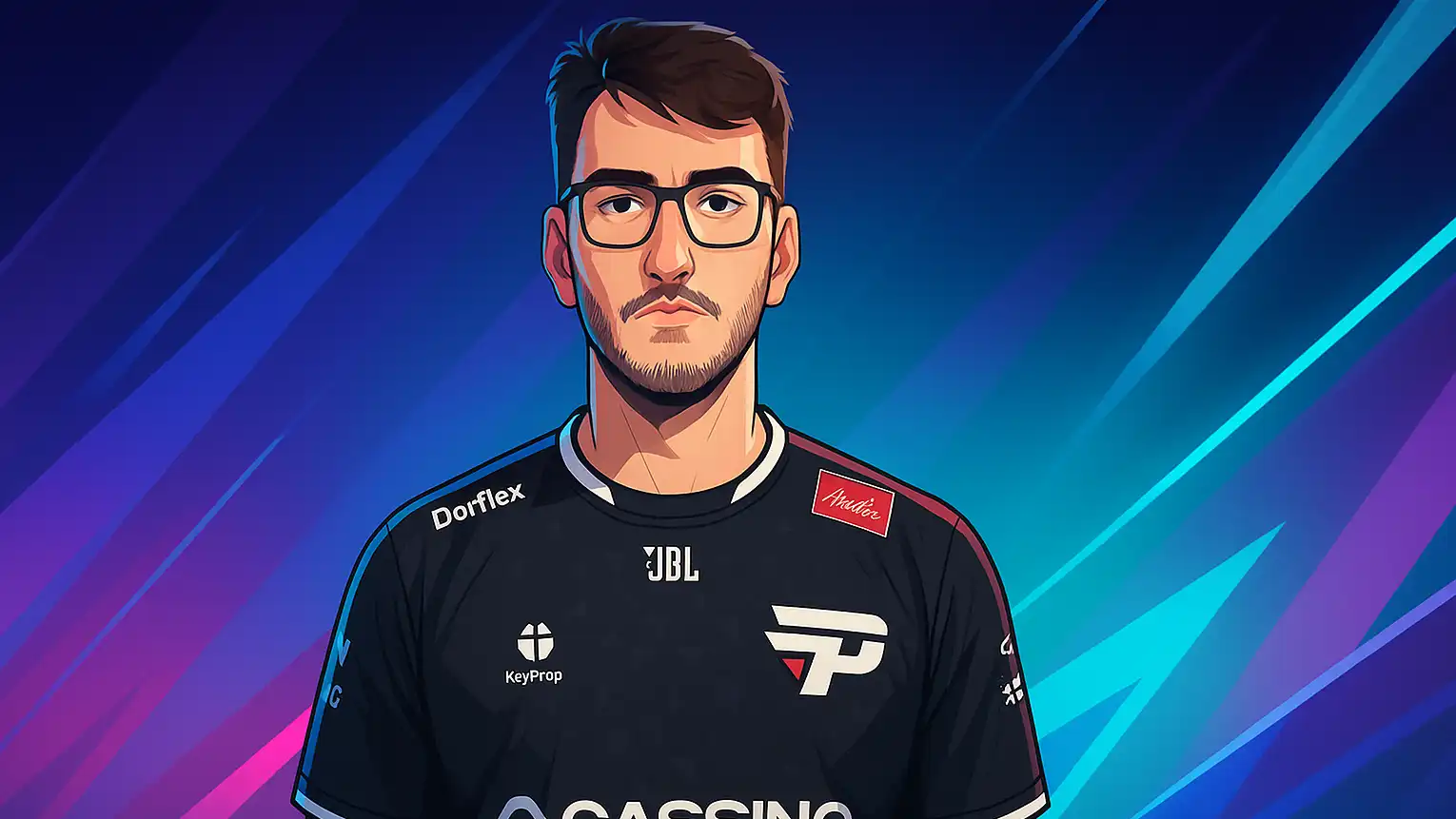
Brazilian squad paiN Gaming (paiN) prepare for their next challenge after losing a momentum-shifting quarter-final at PGL Masters Bucharest 2025, with captain Rodrigo „biguzera” Bittencourt admitting that a single round on the map Nuke tipped the team into “losing our mind.”
In the Brazilian derby quarter-final on 31 October 2025, paiN (ranked #14 in the world) faced fellow Brazilian side Legacy (ranked #15). The match concluded with Legacy handing paiN a 2–1 defeat.
The loss came after paiN had shown promising form in the group stage, finishing 3–0 and entering the playoffs on a high. Their sudden exit at the quarter-final stage therefore came as a disappointment for a lineup that had earlier impressed at the major level (lost-but-not-forgot-ten run to the semi-finals at the BLAST.tv Austin Major) and subsequently endured a slump with early exits at events like IEM Cologne 2025, BLAST Bounty 2025 and CS Asia Championships.
What Went Wrong on Nuke?
Biguzera pinpointed the moment of the map Nuke as the turning point. He said:
“It felt like you were down and out on Dust2, but then snow had that big round that brought you right back. … Their start on Nuke was crazy, it was intense. But at the same time, I feel like we lost a round that is impossible to lose, and I feel like we lost our mind, our brain, after that round, you know?”
He elaborated further:
“You need to be thinking about the next round, and keep playing well, play the best CS that we can, but we know that it’s difficult to keep the mindset positive. I think that was our problem on Nuke.”
According to this, the team’s mental stability collapsed after one pivotal moment — one round they believed they should have sealed or held — which triggered a chain reaction of poor rounds and lost focus.
Add to that the grueling schedule: biguzera admitted that the past month for the team had been “crazy” with travel and exhaustion.
“This morning, I told the guys that today was the first day that I slept well. So, right now, going back to China, getting jet-lagged again, I don’t know what it’s going to be like. I’m pretty sure that it will be a crazy road thing again — waking up at 2 AM, 3 AM, and sleeping for three hours during the day. It’s difficult to keep the energy sometimes, but we have to, you know? It’s part of the job …”
Fatigue and travel disruption, therefore, appear to be contributing factors to the breakdown on Nuke.
Team Evolution & Expectations
Biguzera also reflected on internal changes at paiN:
“The team before, like a month or two ago, was a little bit robotic. Everyone could read us all the time, because it was just me playing, being the play-maker all the time, and doing new things during the rounds. It was a bit predictable — that’s the perfect word for it. So, right now we have snow who can do new things and is also in a new role. I think we are doing better than before, but we need a lot more.”
Here, “snow” refers to João “snow” Vinicius, the 18-year-old Brazilian who appears to be gaining more freedom to move in-round and influence paiN’s tactics and tempo. Biguzera sees this as a positive shift: giving snow a more dynamic role should make the team less readable opponents. But the quarter-final loss suggests the change is still a work in progress.
With an encouraging group stage but a disappointing playoff exit, the projection for paiN remains mixed: they have shown the potential to compete at high level, but are still vulnerable when key rounds go wrong or fatigue kicks in.
Legacy’s Opportunity and Performance
On the other side, Legacy seized the opportunity. According to match statistics, in the series their player Eduardo “dumau” Wolkmer posted standout numbers (28-15 and 30-15 in certain maps) and achieved a rating of 1.85 on one map.
It means Legacy not only defeatedpaiN 2–1 but did so with strong individual and team performances, taking advantage of paiN’s mental stumbling block and maintaining discipline.
Implications & What’s Next
For paiN, the question now is two-fold:
-
Mental resilience – They must learn to recover quickly after critical mistakes and avoid letting one lost round cascade into a bigger collapse.
-
Managing workload – With back-to-back events, travel and jet-lag appear to be affecting the team’s performance. Addressing rest, recovery and mental readiness will be key.
Biguzera’s comments make it clear the team recognise the issues: “we need a lot more” and the loss on Nuke was a turning point where “we lost our mind, our brain.” That level of self-reflection is positive but will only matter if it translates into concrete improvement.
Legacy’s triumph shows the Brazilian scene remains competitive, and paiN can’t afford to slip when the pressure is on — especially when they’ve shown glimpses of being a top contender.
As paiN move forward to their next event (with travel already looming), the key for them will be to reset mentally, refine their tactical approaches (especially on maps like Nuke), and protect their physical and mental condition to avoid fatigue-induced mistakes.
In summary, paiN’s quarter-final defeat at PGL Masters Bucharest was less about tactics and more about mindset and momentum. The pivotal round on Nuke, combined with a heavy travel load and a transitional tactical approach (with snow assuming a new role), combined to derail a team that showed strong early promise. How they bounce back from here will define whether they remain a serious contender or drift back into inconsistency.


